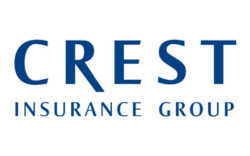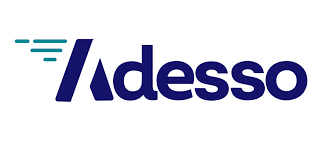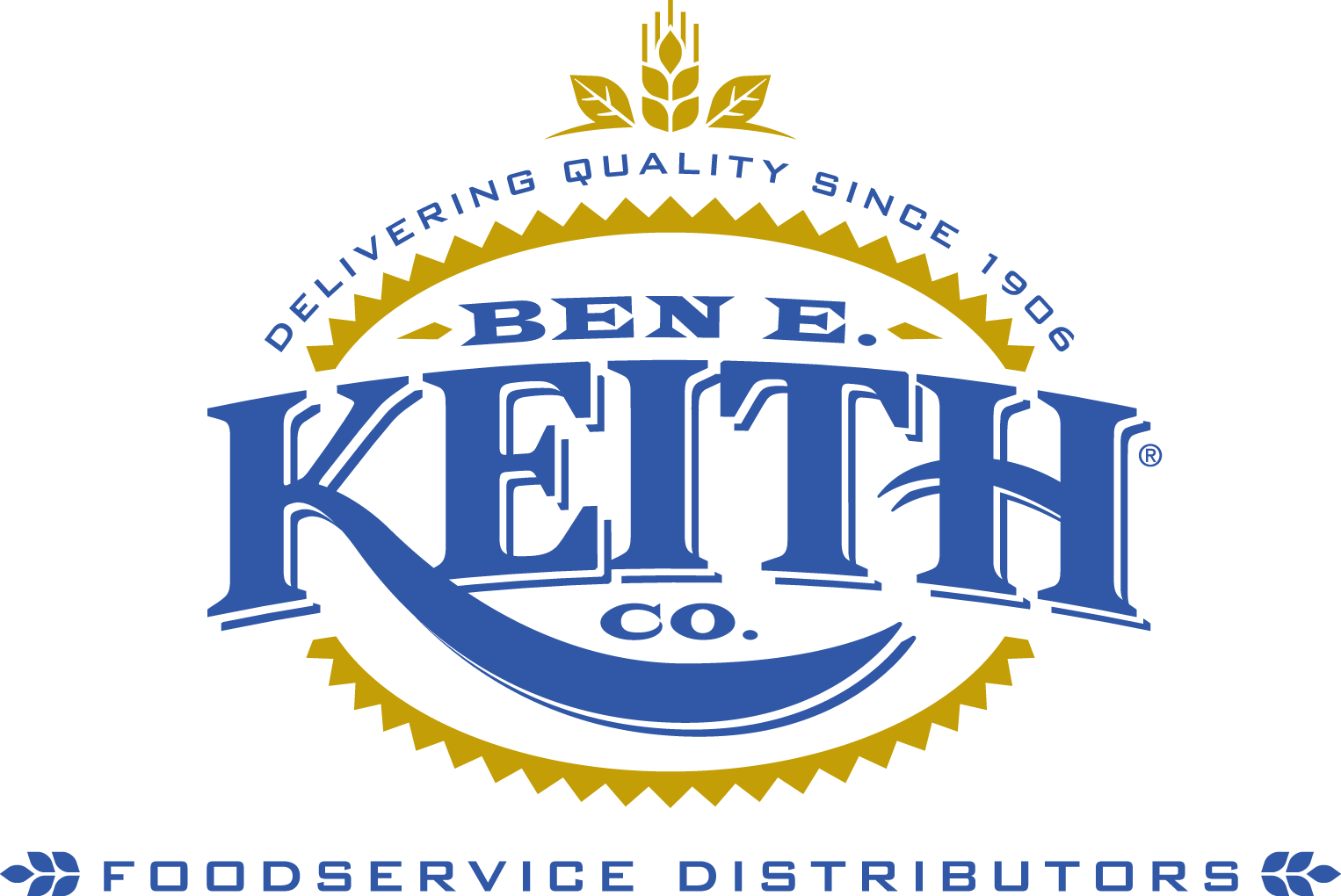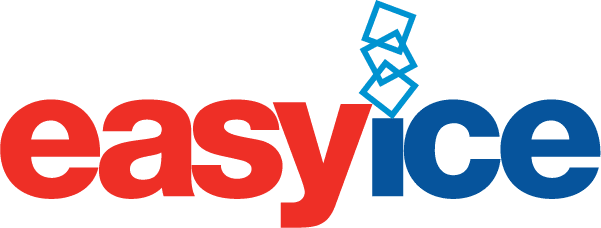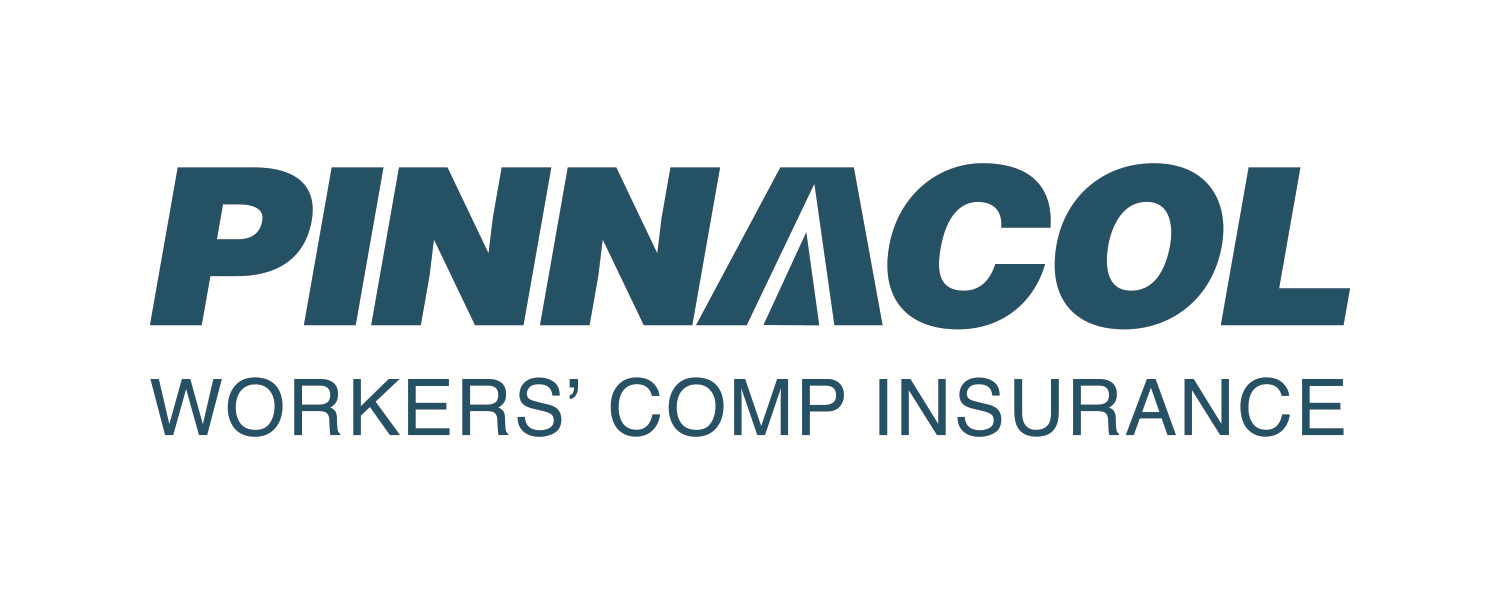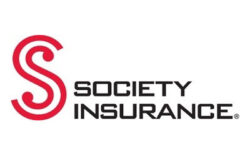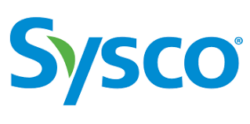The Importance of Being Ernest with I-9 Auditing
from our partners at Messner Reeves
By Amber L. Blasingame, Partner, Messner Reeves LLP
Planned and unplanned I-9 Compliance Audits continue to keep the restaurant industry on edge. I-9 Forms may appear benign and prosaic on the surface for both the employer and employee. Almost anyone who has worked in the US since 1986 has filled one out, whether the form was one or four pages long. Many of us on the employer or owner side have even had the pleasure of administering, recording, and maintaining them as the forms and rules have evolved over the years. However, the banality of this common form is deceiving. As most employers know, the I-9 Employment Verification Form is required by federal law to be completed during hiring. However, what may be forgotten in the mundane course of collecting and recording these forms, is that failure to comply with the detailed verification and document retention requirements could have devastating consequences in the forms of monetary and even criminal penalties for your restaurant.
Fear not, there is hope; a way to prepare your restaurant and fortify your records to meet the challenge of a government compliance audit – the Self-Audit. When was the last time your restaurant audited those seemingly unpretentious, simple I-9 Forms collecting dust in a drawer, file room, or maybe online? Keep reading to see if it may be time to conduct a self-audit of your I-9 Forms.
How much could a mistake on an I-9 Form cost my restaurant?
A rigorous practice of internally auditing your I-9 Forms at least once, if not twice a year, could save you thousands, if not millions, depending on the size of your business, in fines and penalties in the event of a government audit. Completing and recording the I-9 Form is ripe for clerical and procedural errors, and each one of those individual errors may cost an employer up to $2,292.00 per mistake as of 2019.
What are common mistakes that restauranteurs make with I-9 Forms?
Often, employers become complacent in completing and recording the I-9 Forms or may not have received adequate training in completing the forms, and the same errors persist and compile over time. Along with the mistakes, the fines add up in a government audit. Auditing agencies, such as Homeland Security Investigations (“HSI”), a component of US Immigration and Custom Enforcement (“ICE”) with US Department of Homeland Security (“DHS”), will count and total each clerical error on each offending I-9 Form. To add insult to injury, HSI may then add on “Aggravating” “Enhancement” fines, up to 5% of the base fine amount, depending on business size, good faith, seriousness of the violations, number of unauthorized workers identified, history of compliance, and cumulative adjustment of the fines.
Common mistakes and clerical errors:
- Employer completing, or correcting any portion of Section 1, without completing Preparer and/or Translator Certification.
- Employer, not located in Puerto Rico, completing the Spanish version of Form.
- Employee not signing or dating Section 1.
- Employee’s date of signature is after First Day of Employment.
- Employee neglecting to complete attestation portion of Section 1.
- Employer recording too many documents, incorrectly entering documentation identification, or omitting required information in Section 2.
- Employer failing to enter First Day of Employment in Section 2 or date entered in I-9 Form not aligning with personnel records.
- Employer neglecting to sign, date, or complete the signature portion of Section 2.
- Employer failing to complete and sign Section 2 within three days of First Day of Employment.
- Employer failing to complete reverification section, supplement, or new version of form within reasonable period of expiration of certain employment authorization documents.
- Employer failing to retain I-9 Forms for life of employment and beyond.
Can I mitigate penalties if HSI/ICE decides to audit my restaurant?
Regular auditing, especially with the help of outside counsel, may not only mitigate fines but may help to decrease the risk of future investigations. Maintaining documentation on audits, along with regular training of staff, good faith compliance efforts, and vigilance, may not only save money in a government audit but also mitigate the risk of further government audits and investigations. Once a government agency has audited you, they can always come back in the future to assure compliance. Further, if your company is comprised of multiple entities or offices, the audit process often starts with one entity and may spread to the other entities or offices. Government agencies also share data collected in audits with other agencies, so a visit from one agency could lead to a visit, audit, or investigation from other agencies. And if enduring an I-9 Audit was bad enough, an I-9 Audit is a gateway for other audits and investigations into your company, which may last for years or decades. A showing of good record hygiene, complete with internal audits and good faith efforts to comply with the law, may nip a decades-long headache of government visits within the first three days of an I-9 Investigation.
Does ICE target the restaurant industry?
HSI/ICE regularly targets specific industries for audits and often starts with one business on a block and then goes door to door to any similar entity in the community. The restaurant industry is especially vulnerable because of the number of undocumented workers statistically found to work in that industry. Other vulnerable industries include agriculture, manufacturing, construction, landscaping, and hospitality. So even if you can guarantee that you have not hired any undocumented workers, past or present, that does not prevent HSI/ICE from deciding to knock on your door, too – because they were in the neighborhood.
What are the benefits of a professional internal I-9 audit for my restaurant?
Depending on how long you have been in business and the number of employees, your initial internal audit will require a lot of work, time, possibly blood (e.g., papercuts), and sweat. A good internal audit will mirror a government audit, which can be invasive and time-consuming. It’s recommended that the initial audit include a review of all your I-9 Forms and not just a random selection. An experienced attorney will help guide you and your team and properly document the audit. The good news is that once you have broken the seal on the initial audit, the subsequent audits become more accessible and less time-consuming. In addition, the auditing attorney may be available to help you track and organize subsequent audits, train employees, and answer questions about the ongoing completion and collection of future I-9 Forms to decrease headaches further before your next internal audit – or, heaven forbid, an external audit.
If I maintain my I-9s online and use E-Verify for my business, do I need an I-9 audit?
Yes, because not all I-9 Form software or platforms are created equal and are still prone to human errors. You want to ensure that the technology you are using is vetted and will properly and securely record and maintain the documentation and information you can see and all of the metadata, past and present, for modifications, reverification, and proper disposal of the expired I-9 Forms. E-Verify is equally prone to human and technical errors and should only be used as a supplement to recording and maintaining the I-9 Forms. E-Verify is only as good as the data you are entering into the system and the government agencies are entering and sharing it.
Employers should choose software carefully and use E-Verify judicially. The software an employer uses to record and maintain I-9 Forms and how the employer utilizes E-Verify in its employment authorization verification program may lead to not only form errors but also discrimination complaints. Employers must ensure that all software used in its I-9 Program is compliant with INA §§ 274A & B (8 U.S.C. §§ 1324a & b). Software must be accessible to all users, both the employees completing Section 1, and the representatives reviewing documents and completing the remaining sections. The software cannot pre-populate the forms with any employee information. Likewise the software may not auto-correct, use predictive text, or post-date a Form I-9. The software must be able to track all date entry and modifications and create an “audit trail” accessible for review. And employer’s using E-Verify must adhere to all prescribed steps in the program and ensure that software integration with E-Verify complies with the E-Verify web services Interface Control Agreement.
What if I’m very discerning about who I hire, thorough in collecting documents, and meticulous in completing and maintaining my I-9 Forms, do I need an I-9 audit? And how could outside counsel help?
At the end of the day, regularly auditing your I-9 Forms is just a good business practice. Knowing that your documents are in order in the event of an investigation may help you and your colleagues sleep better and lead to a longer life – individually and commercially. A better I-9 practice may also lead to more diversity in your labor force because good I-9 practices also avoid discrimination based on national origin or citizenship status. The other side of zealously ensuring a properly authorized workforce is ensuring that you are not discriminating in your hiring practices. Such errors are finable in your regular garden-variety government I-9 audit. Still, a pattern of discrimination practices or even one claim from a disgruntled employment applicant may lead to investigations of unfair employment practices from the Immigrant and Employee Rights (“IER”) section of the Civil Rights Division, a division of the US Department of Justice .
Common errors that could lead to individual complaints of discrimination or if patterns are detected in an audit:
- Requesting specific documents from a hiree to complete the I-9 Form: Believe it or not telling an applicant to bring his/her driver’s license and social security card to complete the I-9 Form is a discrimination violation;
- Collecting and recording too many documents: Many employers in an effort to comply with one-side of the law end up in violation of the other side of the law.
- Insisting the applicant provide a social security number to complete the I-9 Form: A Social Security Number is actually one of the items on the I-9 Form that is NOT required in Section 1. The other is an email address.
- Insisting the applicant produce a Social Security Number or card by first day of hire – even for E-Verify or IRS deduction purposes: Certain Foreign Nationals may be able to produce the appropriate documentation of Employment Authorization and Identification to complete the I-9 Form, but may not have received their Social Security Number by first date of hire. In some cases, employers are obligated to place these employees on payroll as soon as the employee reports to work or face application of other violations and penalties for nonimmigrant or immigrant petitioners. Both the IRS and E-Verify have instructions on how to initiate employment for these foreign nationals and stay in compliance with IRS and E-Verify requirements.
***
Amber L. Blasingame focuses on immigration law in business, family, and humanitarian matters. Her immigration practice supports restaurant owners and operators with I-9 audits, visas, and other employment-based immigration needs.
To be connected to Amber or any of the attorneys at Messner Reeves, please contact Meranda Vieyra at mvieyra@messner.com.

